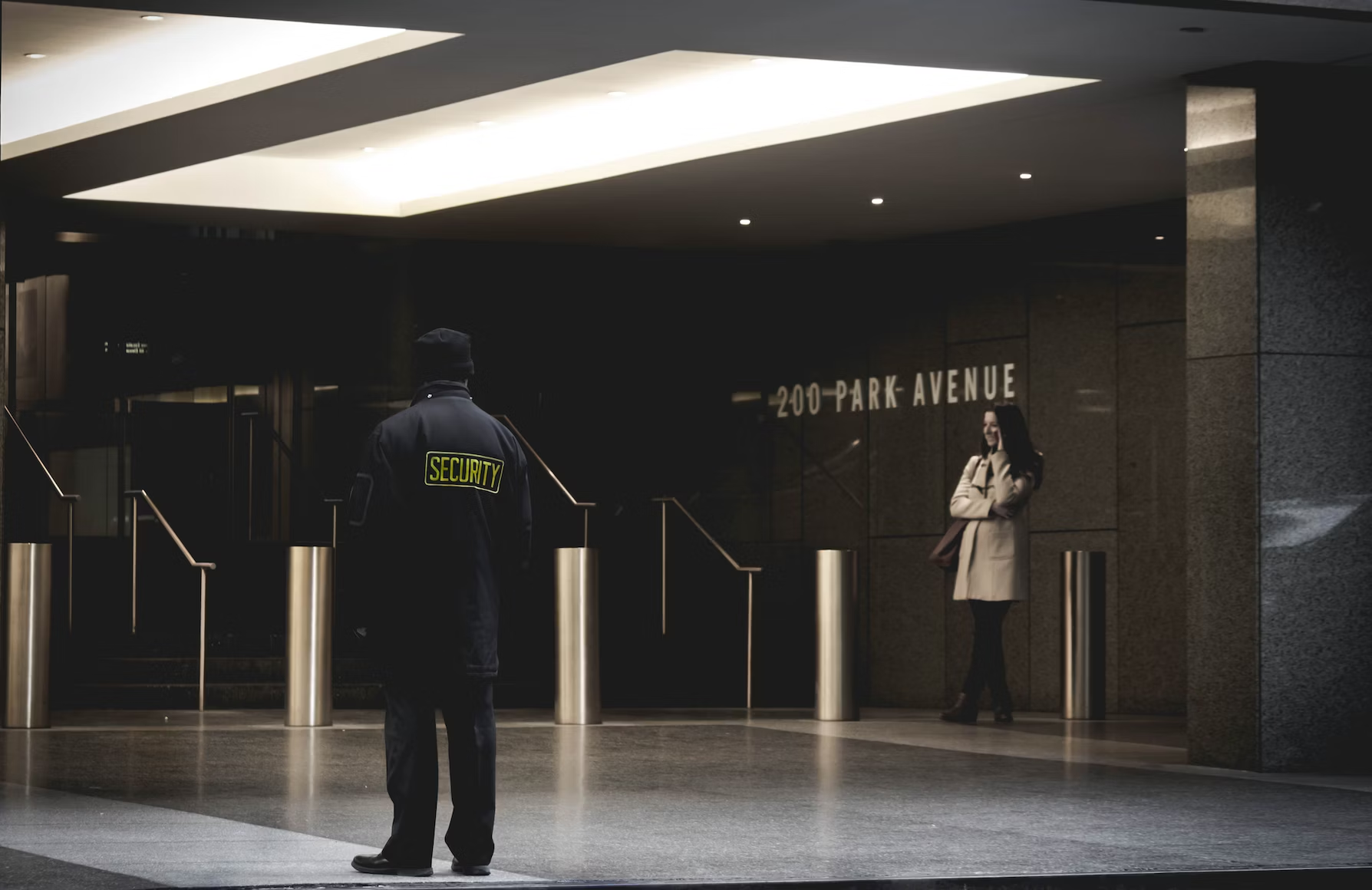WordPress is a popular and powerful website platform that is used by millions of people all over the world. However, with popularity comes risk, and WordPress sites are a prime target for cybercriminals. In fact, according to a report by Sucuri, a website security company, WordPress accounted for 90% of all hacked CMS platforms in 2018.

Given these risks, it’s crucial that you take the necessary steps to secure your WordPress site. In this article, we’ll explore why security is important for WordPress sites and provide some best practices for keeping your site safe.
Understanding WordPress Security
There are various types of security risks that WordPress sites face, including:
- Malware: Malware is malicious software that is designed to harm your site and steal sensitive information. Malware can be difficult to detect and can cause significant damage to your site and your reputation.
- Brute force attacks: Brute force attacks are when hackers use software to repeatedly try different password combinations until they gain access to your site. Brute force attacks can be especially damaging if you have weak passwords or if your site has multiple user accounts.
- Hacking attempts: Hacking attempts are when someone tries to gain unauthorized access to your site by exploiting vulnerabilities in your site’s code. Hacking attempts can be very sophisticated and difficult to detect, making it crucial to have a robust security strategy in place.
The consequences of a security breach can be severe, including:
- Data theft: A security breach can result in sensitive data being stolen, such as customer information or financial data. This can have serious legal and financial implications.
- Loss of revenue: If your site is taken down or compromised, you may lose revenue due to lost traffic, downtime, or lost sales.
- Damage to brand reputation: A security breach can also damage your brand reputation, causing customers to lose trust in your site and your business.
Best Practices for Securing Your WordPress Site
To protect your WordPress site from security threats, there are several best practices you should follow. These include:
- Keep your WordPress site and plugins up-to-date: Regularly updating your site and plugins ensures that you have the latest security patches and bug fixes, reducing the risk of vulnerabilities.
- Use strong passwords and two-factor authentication: A strong password is one of the simplest ways to protect your site. Two-factor authentication provides an extra layer of security by requiring users to provide a second form of authentication, such as a text message or app, in addition to their password.
- Use security plugins and services: There are many security plugins and services available that can help protect your site from malware and other security threats. Some popular options include:
- Wordfence Security: Wordfence Security is a comprehensive security plugin that provides firewall protection, malware scanning, login security, and more.
- Sucuri Security: Sucuri Security is a cloud-based security service that provides malware scanning, firewall protection, and security monitoring.
- iThemes Security: iThemes Security is a plugin that provides various security features such as malware scanning, brute force protection, two-factor authentication, and more.
- Jetpack Security: Jetpack Security is a plugin that provides security features such as malware scanning, brute force protection, and downtime monitoring.
- WPScan: WPScan is a free security tool that can scan your WordPress site for vulnerabilities and help you identify security issues.
While these plugins and services can help improve the security of your WordPress site, it’s important to note that they are not foolproof. It’s still important to follow best practices such as keeping your site up-to-date and using strong passwords.
In conclusion, security should be a top priority for anyone with a WordPress site. With the right security measures in place, you can protect your site and your visitors from malicious attacks and potential data breaches. By following best practices such as keeping your site up-to-date, using strong passwords, and utilizing security plugins and services, you can greatly reduce the risk of a security breach. Remember, the cost of a security breach can be significant, both in terms of financial loss and damage to your reputation. So take the necessary steps to secure your WordPress site and enjoy the peace of mind that comes with knowing your site is protected.
